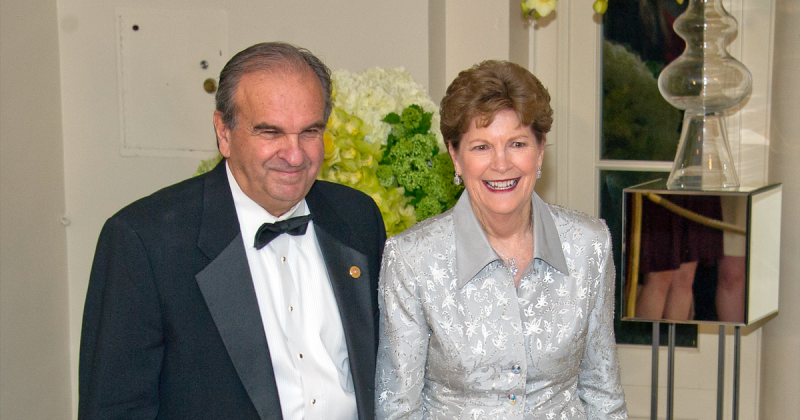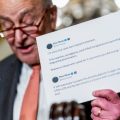
A fascinating story emerged recently concerning the husband of Senator Jeanne Shaheen (D-NH), William Shaheen, and his unexpected encounter with the TSA’s controversial “Quiet Skies” surveillance program. In October 2023, amidst heightened security following the Hamas attack on Israel, Mr. Shaheen, a Lebanese-American attorney, found himself flagged by the program and subjected to increased scrutiny at airport security checkpoints.
This wasn’t a random selection; sources revealed that his travel companion on several flights was listed by the FBI as a “known or suspected terrorist” (KST). While Mr. Shaheen was initially subjected to invasive searches, a simple phone call from Senator Shaheen to then-TSA Administrator David Pekoske swiftly changed the course of events. Within two days, Mr. Shaheen was removed from the Quiet Skies list and placed on a different list that exempted him from future enhanced screenings.
The speed and ease of this removal raise eyebrows, particularly given the program’s history of intense scrutiny and protracted legal battles for those seeking removal. While the Senator’s office stated she contacted the TSA to understand the situation after her husband faced several invasive searches, the sequence of events suggests an unusual level of intervention. The decision to subsequently place Mr. Shaheen on the “secure flight exclusion list” – a VIP list shielding individuals from surveillance – appears to contradict the program’s stated goal of operating outside political influence.
The identity of Mr. Shaheen’s travel companion remains undisclosed, although sources confirmed they were also an Arab-American attorney and were later removed from the FBI’s terrorism watchlist. The reasons for this individual’s inclusion on the list remain unclear, but the incident highlights the potentially broad and subjective nature of the KST designation.
This episode underscores the ongoing debate surrounding the “Quiet Skies” program and its impact on American citizens. Critics have long questioned the program’s effectiveness and fairness, citing concerns about privacy violations and potential for misuse. The Shaheen case serves as a powerful illustration of these concerns, raising questions about transparency, due process, and the potential for political influence within the program.
While the Senator’s office maintains she was unaware of her husband’s initial inclusion in the Quiet Skies program or his subsequent preferential treatment, the situation remains a complex and intriguing example of the intersection of politics, security, and individual rights in the post-9/11 era. The fact that Mr. Shaheen was eventually removed from the exclusion list further complicates the narrative, leaving many questions unanswered about the program’s inner workings and its consistent application of rules.










